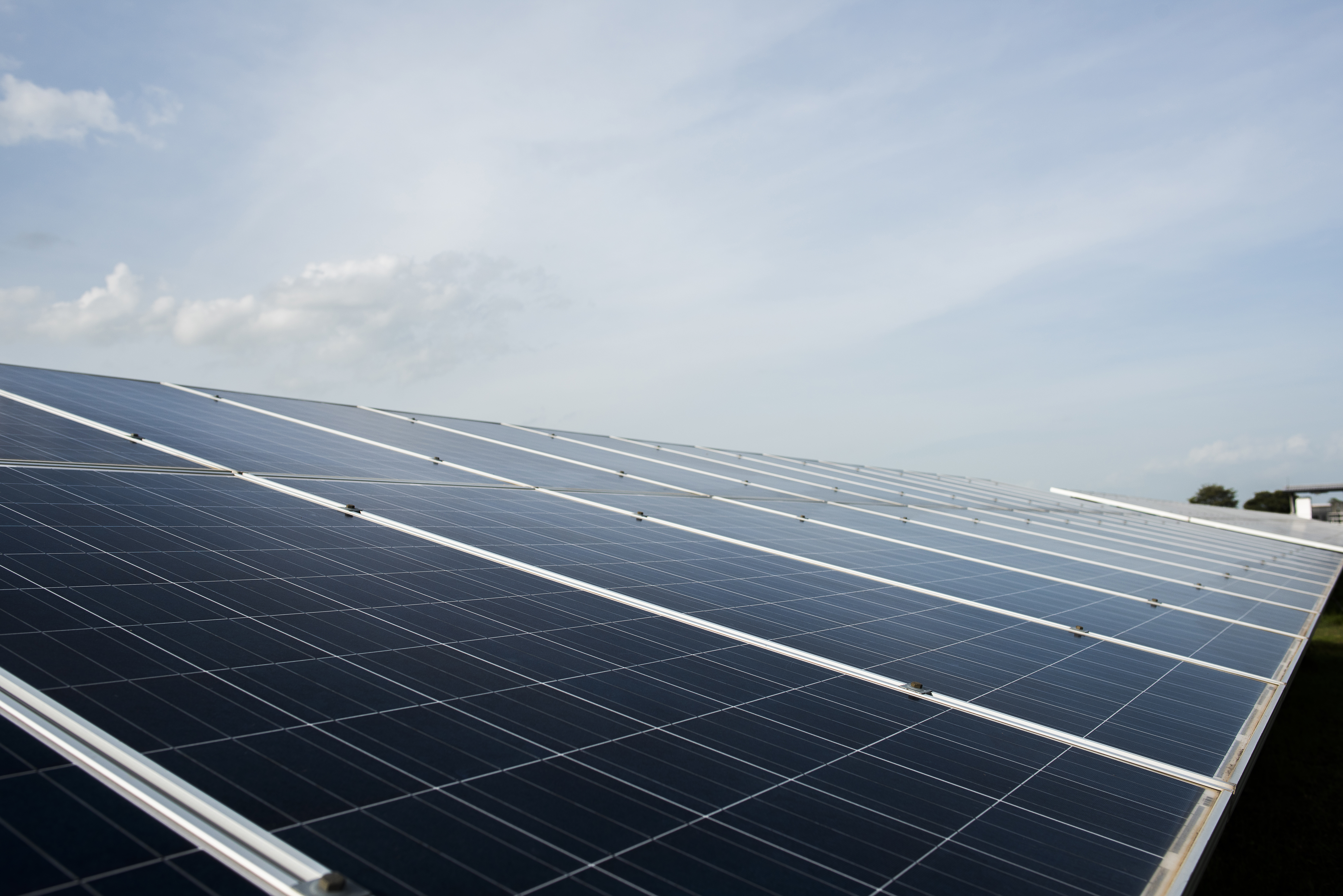Diversifying Farmland: Implications of Transitioning to Renewable Energy Production
02/10/2023

Hamish Byers, Associate Director and head of sustainable energy, with expertise in estate management, land development, and renewable energy projects, outlines the crucial factors to consider before embarking on the journey of diversifying farmland into renewable energy production.
The UK Government has laid out an ambitious plan to decarbonise the country's energy system by 2050. A significant part of this transition will rely on renewable energy sources such as nuclear, wind, and solar energy. The location of these renewable energy projects will naturally be subject to rigorous planning approval processes and public scrutiny.
Simultaneously, landowners and farmers are grappling with the loss of vital EU subsidies. They are actively seeking ways to generate additional revenue from their properties while retaining their assets.
For many, the prospect of establishing solar or wind farms on their land presents an appealing solution. This strategy enables landowners to maintain ownership of their land, continue some farming activities, reduce energy costs by utilising the generated power, and potentially earn extra income by selling surplus electricity back to the national grid.
At first glance, this appears to be a win-win scenario. However, the devil is in the details, and there are several important considerations that need to be carefully addressed:
- Access to the National Grid: To successfully operate a renewable energy project, it's crucial to have access to the national and local distribution grid. This not only ensures the efficient transmission of electricity but also affects the costs associated with connecting your energy production to the grid. Understanding the grid infrastructure and its proximity to your farmland is vital for a realistic cost assessment.
- Planning and Regulatory Hurdles: The process of obtaining planning approval for renewable energy projects can be complex and time-consuming. Landowners/Developers must navigate various regulatory requirements, environmental assessments, and local planning policies. It is essential to delve into the intricacies of the planning process, understanding what is required, and identifying potential challenges early on.
- Addressing Objections: Community relations are paramount when embarking on renewable energy projects but particularly wind development, where there must be some form of community support. Anticipating and addressing objections from local communities or stakeholders is essential. Ensuring that your project aligns with the values and needs of the community can significantly impact its success. Open communication and cooperation can help mitigate objections and foster positive relationships.
In summary, the transition of farmland to renewable energy production offers promising opportunities for landowners and farmers to generate revenue, reduce energy costs, and contribute to a sustainable future. However, it's imperative to navigate the intricacies of access to the national grid, planning processes, and community relations with care.
If you're considering diversifying your land into renewable energy production with or without a development partner, or need expert guidance, please get in touch.
You can find more information on our services here. We encourage you to explore the possibilities and take steps toward a more sustainable and profitable future for your land and estate.


